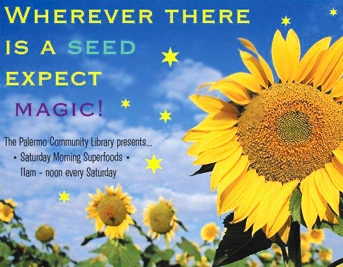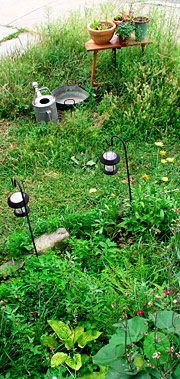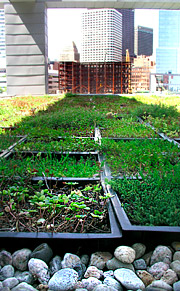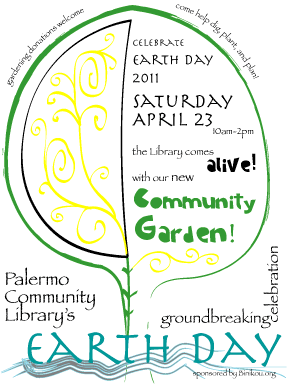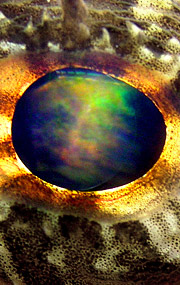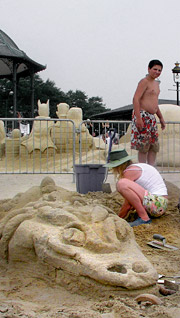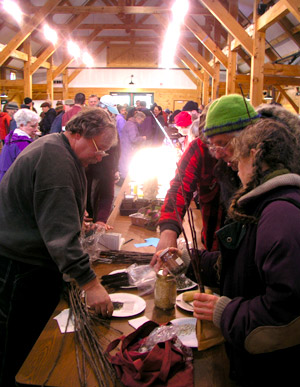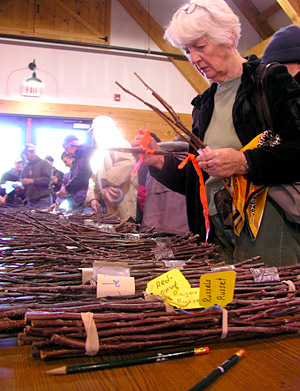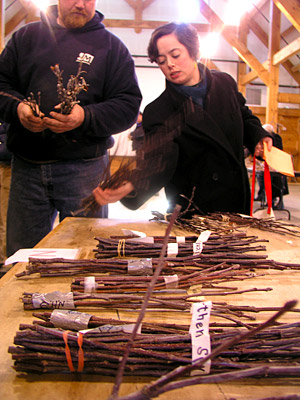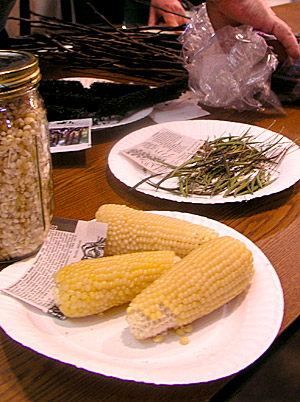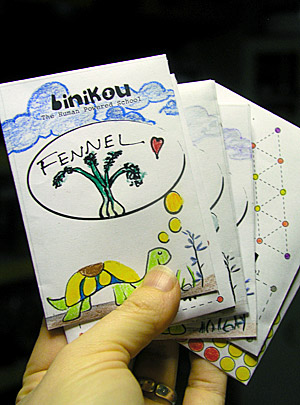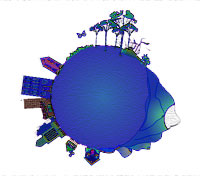Saturday Morning Superfoods at the Palermo Community Library
Free Super Healthy Snacks!
Free seeds and plants!
Free exchange of ideas on how to identify, grow, and prepare super healthy local foods.
Free for all ages!
Free food, free plants, and plenty of fun and knowledge for the whole family!
11 am – 12 noon every Saturday morning at the Palermo Community Library, starting August 20th
The Palermo Community Library, in collaboration with Binikou ~ the Human Powered School, has received a generous grant from Healthy Waldo County to run a weekly program supporting healthy lifestyles that include eating and growing a wide variety of super nutritious local foods. Saturday Morning Superfoods events start on August 20th, from 11 am to noon. These events will be fun, all ages explorations of the highest quality foods you can grow yourself right here in Maine. Attendees of the events will get to taste local foods prepared with healthy, fun, and delicious recipes. There will also be information on wild foods, and planting and preparation techniques for growing your own superfoods. And attendees will receive free seeds or plants to cultivate at home, and will get an opportunity to contribute information and artwork to Binikou’s Enclopedia of Solutions for improving the quality of life for humans all over the world.
If you’re wondering what a “superfood” is, it is a food that is especially dense with nutrients, or has a high level of some hard to get nutrient. So eating even a little bit of a superfood makes your body superpowered!
Each Saturday Morning Superfood event at the library will feature different local foods, such as sunchokes, kale, wood sorrel, clover sprouts, Maine blueberries, and the surprisingly powerful and tasty purslane. There will be a variety of sweet and savory things to eat each week, so come on by on Saturday morning and bring some friends and family, too. For more information check out the library’s new blog at http://PalermoLibrary.wordpress.com or visit the “Palermo Community Library” page on Facebook. And look for the Library’s human powered garden float after the Palermo Days parade.
Also, for locals who want to show off their own locally grown superfood plants, especially hardy perennials, in the program, please get in touch with Turil at TheWiseTurtle at gmail.com or call and leave a message at the library at 993-6088. The library is looking for both fresh picked foods and whole plants and seeds for others to cultivate in their own superfood gardens.
